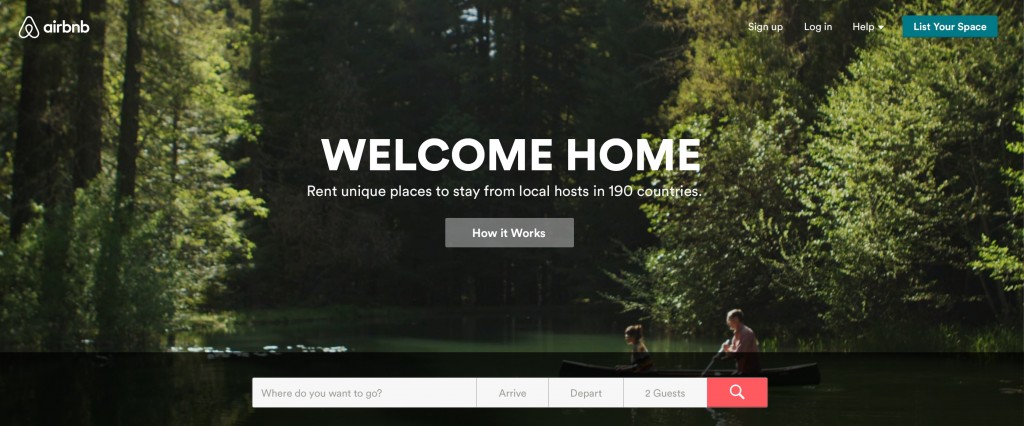
Back in August the Boston City Council filed an order for a hearing to examine whether rental service Airbnb complies with municipal ordinances, zoning regulations and has a positive or negative community impact. Airbnb, though, recently released data that shows it helps line the pockets of Bostonians who utilize it.
The company, which first planted roots in Boston in 2013, aggregated user surveys and booking data between May 2013 through April 2014 and found that Airbnb has made a $51 million economic impact on the city. Further, Airbnb claims it’s helped support 490 jobs.
Allowing people to rent out their beds, rooms, apartments and houses has kept 53 percent of users in their homes, says Airbnb, supplementing an average of $8,020 for every 63 days a users offers up their living space.
“Airbnb distributes economic impacts to neighborhoods that have not traditionally benefited from tourism spending,” says Airbnb. “With Airbnb properties across more than 25 Boston neighborhoods, Airbnb visitors are staying in and exploring places they might never have otherwise visited.”
Though the service does allow visitors to stay in Boston neighborhoods not otherwise accommodated by hotels, it’s rather uneven. The densest travel areas appear to be the Back Bay, Beacon Hill, North End, South End, Jamaica Plan and Allston. According to the Boston Redevelopment Authority, combined those communities also account for 70 percent of Boston’s hotels. So while Airbnb is able to get more people in the likes of Charlestown, Brighton, Southie, Dorchester and Roxbury, they’re not exactly spreading the wealth.
Still, the extra money Bostonians are able to procure because of Airbnb flows back into their neighborhoods. Guests spend an average of $352 in the neighborhood of their rental space.
And Airbnb has made a positive impact in non-monetary ways as well. Through home-sharing, the city has seen reductions in greenhouse gas emissions equivalent to 380 cars, energy savings equivalent to 220 homes and waste reduction of 70 metric ton.
It appears that per the data, Airbnb is an advantageous service to have and use in Boston. It’ll be interesting to if and how it grows its presence in nontraditionally hotel-heavy communities citywide, though it looks as if that expansion is beginning to take place.

